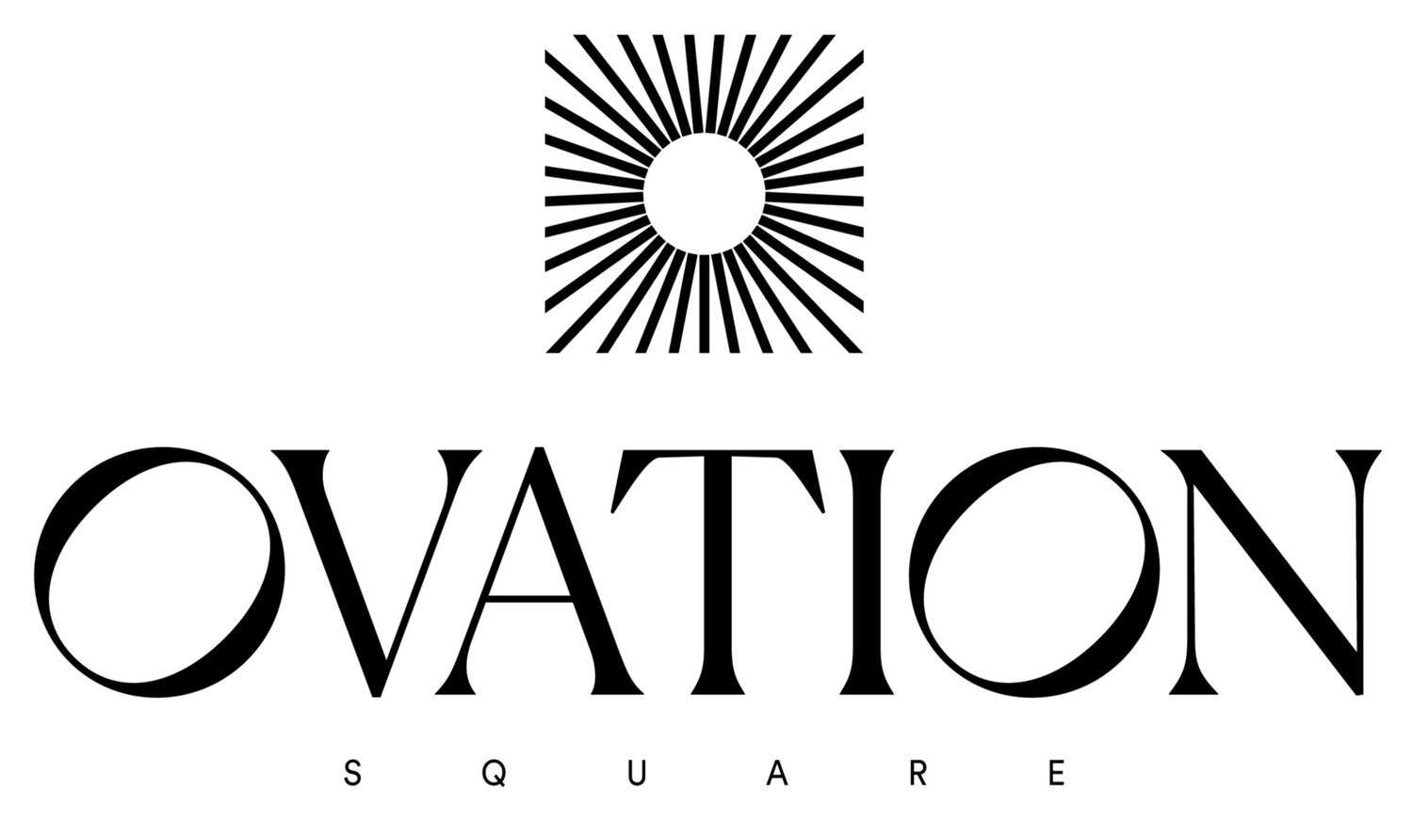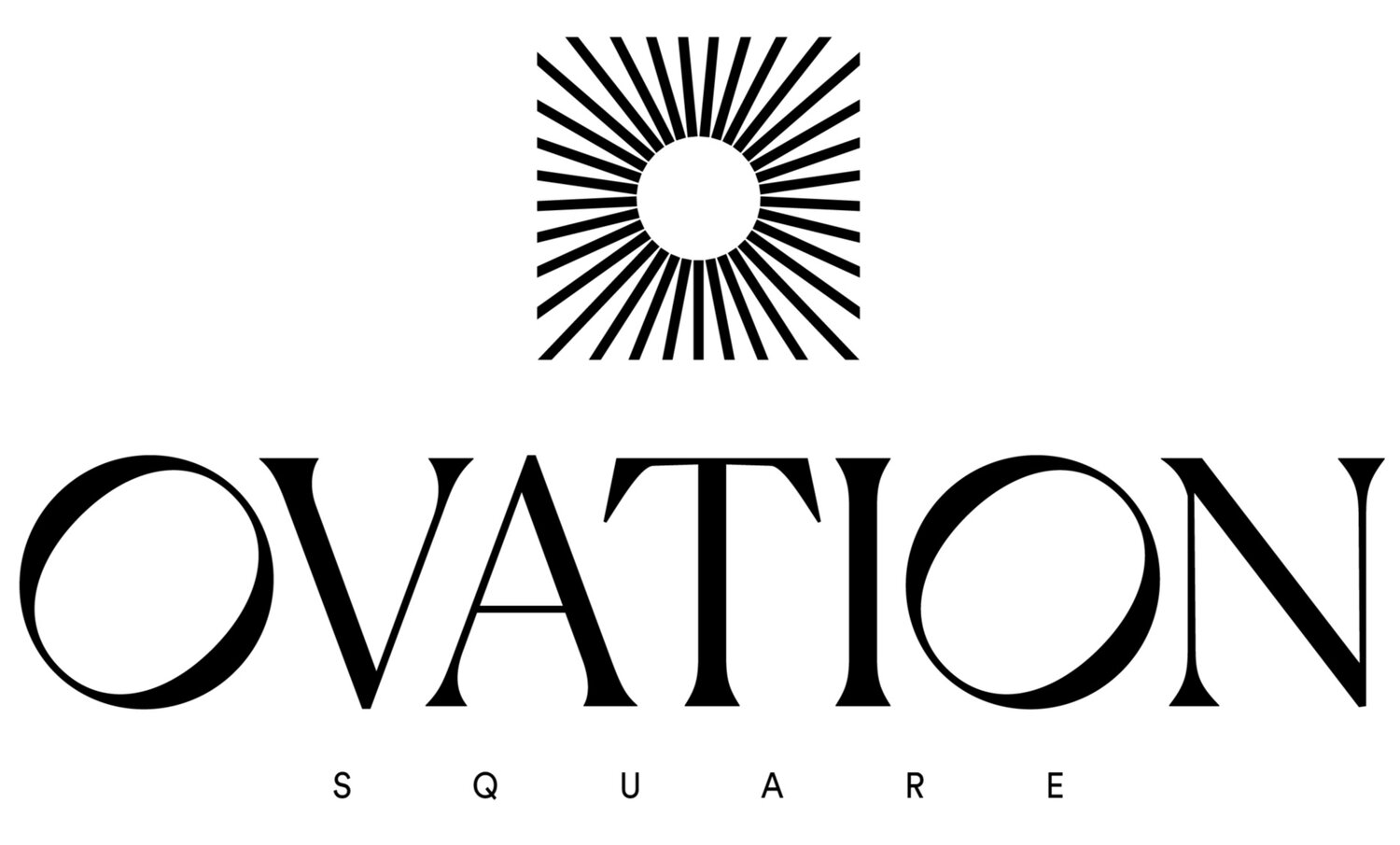What Are The 7 Key Elements Of Event Management?
One of the most rewarding but tedious jobs on earth is planning and managing an event to achieve your organization's goals. From event planning to budget, purpose, format, catering, and sound, every event, no matter how small or large, simple or complex, requires detailed and conscientious planning. Even the slightest mistake or mishap can leave a lasting impression in the minds of your clients and drive them away from your brand.
When it comes to events, there are 7 key elements of event management that lead to a strong foundation for success. What is event venue management? It’s when a person or persons is designated by the venue to manage the venue during and in relation to the show. With that being said, let's dive into the key 7 elements of event management.
1. Event Infrastructure
Event infrastructure is the essential element that makes up an event, and without them, the event would not exist. These elements include core people, core concept, core talent, and core structure. These can vary depending on the event category and different variations of events, like if you are looking for a Downtown Party Venue or Product Launch Venue in LA.
2. Core Concept
This is a term that is used to give meaning to various major categories of events and an underlying ethos. This is what differentiates the different categories in events. The core concept generally plants the seed and then the event that grows can vary in terms of shape and size.
3. Core People
These are going to be the people who influence the audience to reach the desired outcome in terms of the clients’ brand and the goals they have set forward. These could be people who are performing, acting, or participating in the rental event space in order to create the desired impact. The audience comes to an event to interact with these people and gain knowledge. The core people should have personalities that represent the brand well and match the energy and aesthetic you want your audience to experience.
4. Core Talent
In every event category, you have core talent that attracts and influences your audience based on their specific expertise, knowledge, or reputation. For example, if you have a musician, you can have different types of concert venues Downtown LA & types of audiences attracted to the event based on the talent of the performer and the genre of music. You will create different variations within the event category if you are hosting a classical music concert versus a hip-hop concert.
5. Core Structure
From a marketing point of view, knowing whether there is a formal or informal organization to manage the event is important to take note of. For example, if you are looking for a corporate event venue in Long Beach to host an event,, you will want to know if you will take the lead on organizing the entire day or if there is an on-site team to assist you. These two scenarios look very different in terms of preparation and execution plan. The more formal and structured the event is, the easier it is to manage and market it.
6. Target Audience
To attend your event, your audience expends both time and money. As you advertise your event's subject and goals online, like-minded attendees unite to interact with your business and learn more about your product line. It is crucial to organize your event thoughtfully so that their requirements and expectations match the goal of the event; otherwise, you won't be able to see the excitement of being there in your event.
The target audience is the main group of people to focus on during the event. Your target audience will influence the event’s design depending on who you are trying to reach and how big your audience is. For example, if you are looking for venues in Los Angeles to host a celebrity and influencer type of event, versus a venue in San Francisco for a fundraiser, those events are going to look and feel drastically different from one another. This is where most of the details come to life with budget, theme, performances, venue size, etc.
7. Clients
Clients are the organizations and people who sponsor your event. So how does event management work with their clients? They provide the funds that pay fully or partially for the event so that it is affordable to attend for the target audience. Sponsoring events can be an effective marketing tool to create the desired result in the target audience’s mind.
Conclusion
It's not a joke or a piece of cake to create unforgettable event experiences. A great event can be difficult to design and organize due to increased competition and audience expectations, which puts a lot of pressure on event planners. With the help of our top event planning tips listed above, you can not only organize your event with ease but also create an event that will be somewhat successful beyond your original vision.
At Ovation Square, we have an entire on-site event planning team to make everything easier on our clients, which makes us one of the best event venues in California. We are always happy to work with you directly to host your next event.
Frequently Asked Questions
Q: Should you know your target audience before planning your event?
A: Yes. The target audience should be a key component as you plan your event since you will want to keep your guests in mind with everything you plan for them.
Q: If I need help finding talent for my event, can you help with that?
A: Of course! We have an entire event planning team on-site to help with any additional staffing needs you may need.
Q: If I need help coming up with a core concept and theme, can you assist?
A: Yes. Once we hone in on your objectives and goals for the event, we can start building out your core concept and theme.

